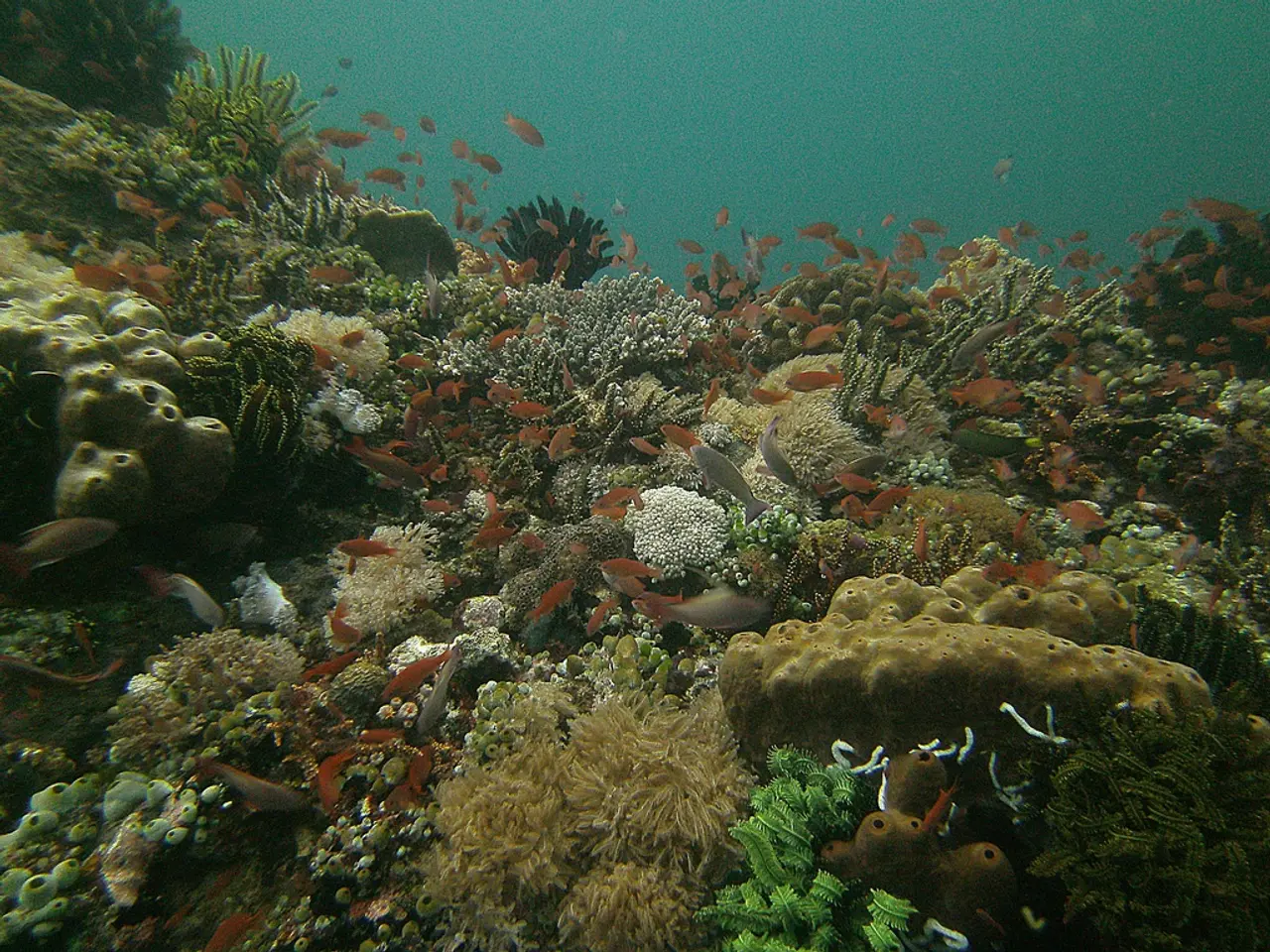Time for another whale rescue mission
The Marine Mammal Protection Act (MMPA), a landmark legislation enacted in 1972 to safeguard marine mammals like whales, dolphins, seals, and polar bears, has faced significant challenges in recent years.
Under the Trump administration, there was a push to weaken protections for marine mammals through legislative proposals. These proposals aimed to roll back core safeguards and raise allowable limits on incidental takes—unintentional harm during commercial activities.
More recently, in 2025, U.S. Congressman Nick Begich (R–AK) introduced a draft bill aiming to significantly narrow the scope of the MMPA. This draft bill includes lowering population recovery goals, softening definitions of harm and harassment, and removing protections for critically endangered species like the North Atlantic right whale. Conservationists warn that such changes threaten decades of progress, potentially undoing gains that have helped stabilize populations and prevent marine mammal extinctions since the act's passage.
These rollbacks occur in a larger context of budget cuts to NOAA and the U.S. Fish & Wildlife Service and a broader deregulatory push to facilitate oil, gas, and commercial fishing interests. This poses heightened risks through increased offshore drilling, seismic testing, and expanded commercial fishing in protected areas.
Marine mammals already face serious challenges such as entanglement in fishing gear, ship strikes, starvation events (notably in gray whales), and climate change impacts. The MMPA has helped to mitigate these issues before these recent threats emerged.
The population of gray whales off the West Coast, for instance, was estimated at 11,000 when the MMPA became law, and by 2016, the population peaked at 27,000. However, declining prey in the whales' summer feeding grounds in the Arctic, probably caused by warming water, are thought to be a major contributor to their starvation deaths and reduced birth rates.
Other marine mammal populations are also facing challenges. A 2022 study in the Gulf of Mexico found that the dolphin population had declined 45% in areas affected by the BP Deepwater Horizon oil spill 12 years earlier, and it might take 35 years to recover. The number of gray whales off the West Coast has crashed by more than half in the last decade to fewer than 13,000, according to a recent report by NOAA. The population of North Atlantic right whales, historically about 20,000 off the Eastern Seaboard, is currently estimated at 370.
Meanwhile, the population of manatees off Florida, which was about 1,000 in 1979, has seen significant recovery but has suffered a high death toll since the beginning of 2021, with nearly 500 deaths. The number of northern elephant seals migrating to California beaches to mate and molt has grown from 10,000 in 1972 to about 125,000 today.
However, widespread marine heat waves linked to a warming ocean are contributing to the loss of kelp forests that sea otters and other marine mammals depend on. Algal blooms off California and Alaska, supercharged by warmer waters and nutrient pollution, are leading to the deaths of thousands of dolphins and sea lions.
Rep. Jared Huffman (D-San Rafael) calls the legislation a "death sentence" for marine mammals. The Trump administration's proposed policies and antiregulation, anti-environmental-protection stance are failing to recognize the loss of marine mammals as an indicator for the declining health of our oceans and the natural world we depend on.
The MMPA has been a cornerstone of marine mammal conservation, but under the Trump administration and continuing into 2025, legislative and policy initiatives have sought to weaken its protections, raising concerns about negative impacts on vulnerable marine mammal populations and the potential loss of critical conservation gains.
[1] https://www.cnn.com/2018/08/07/politics/marine-mammal-protection-act-trump-administration/index.html [2] https://www.politico.com/story/2018/08/06/trump-administration-weakening-marine-mammal-protection-act-2496278 [3] https://www.npr.org/2021/03/01/976118788/congressman-introduces-bill-to-weaken-marine-mammal-protection-act [4] https://www.huffpost.com/entry/marine-mammal-protection-act-bill-begich_n_6038652ce4b097b7e7a5bbf8
- The Marine Mammal Protection Act (MMPA), a significant law enacted in 1972 to protect marine mammals, has faced challenges under recent government administrations, with proposals to weaken its protections.
- The Trump administration pushed for legislative proposals to weaken MMPA protections, aiming to roll back core safeguards and raise allowable limits on incidental takes.
- U.S. Congressman Nick Begich (R–AK) introduced a draft bill in 2025 to narrow the scope of the MMPA, proposing measures like lowering population recovery goals, softening definitions of harm, and removing protections for critically endangered species.
- These rollbacks in MMPA protections occur in the context of budget cuts to NOAA and the U.S. Fish & Wildlife Service and a broader deregulatory push, posing risks to marine mammals through increased offshore drilling, seismic testing, and expanded commercial fishing in protected areas.
- Marine mammals face various challenges such as entanglement in fishing gear, ship strikes, starvation events, and climate change impacts. The MMPA has helped mitigate these issues but faces threats from recent legislative proposals.
- The population of gray whales off the West Coast has seen declines due to decreasing prey in their summer feeding grounds, which scientists link to warming water.
- Other marine mammal populations are also facing challenges, such as the decline of dolphins in the Gulf of Mexico and the reduction of gray whales off the West Coast. The North Atlantic right whale population is critically low, with only 370 remaining.
- Manatees off Florida have suffered significant losses, with nearly 500 deaths since the beginning of 2021, despite their recovery from past populations. The number of northern elephant seals in California has grown significantly, but marine heat waves are contributing to the loss of kelp forests and causing algal blooms that harm dolphins and sea lions.
- Representative Jared Huffman (D-San Rafael) has referred to the MMPA as a "death sentence" for marine mammals, arguing that current policies and attitudes towards environmental protection are failing to address the loss of marine mammals as an indicator for the declining health of our oceans and the natural world we depend on.








